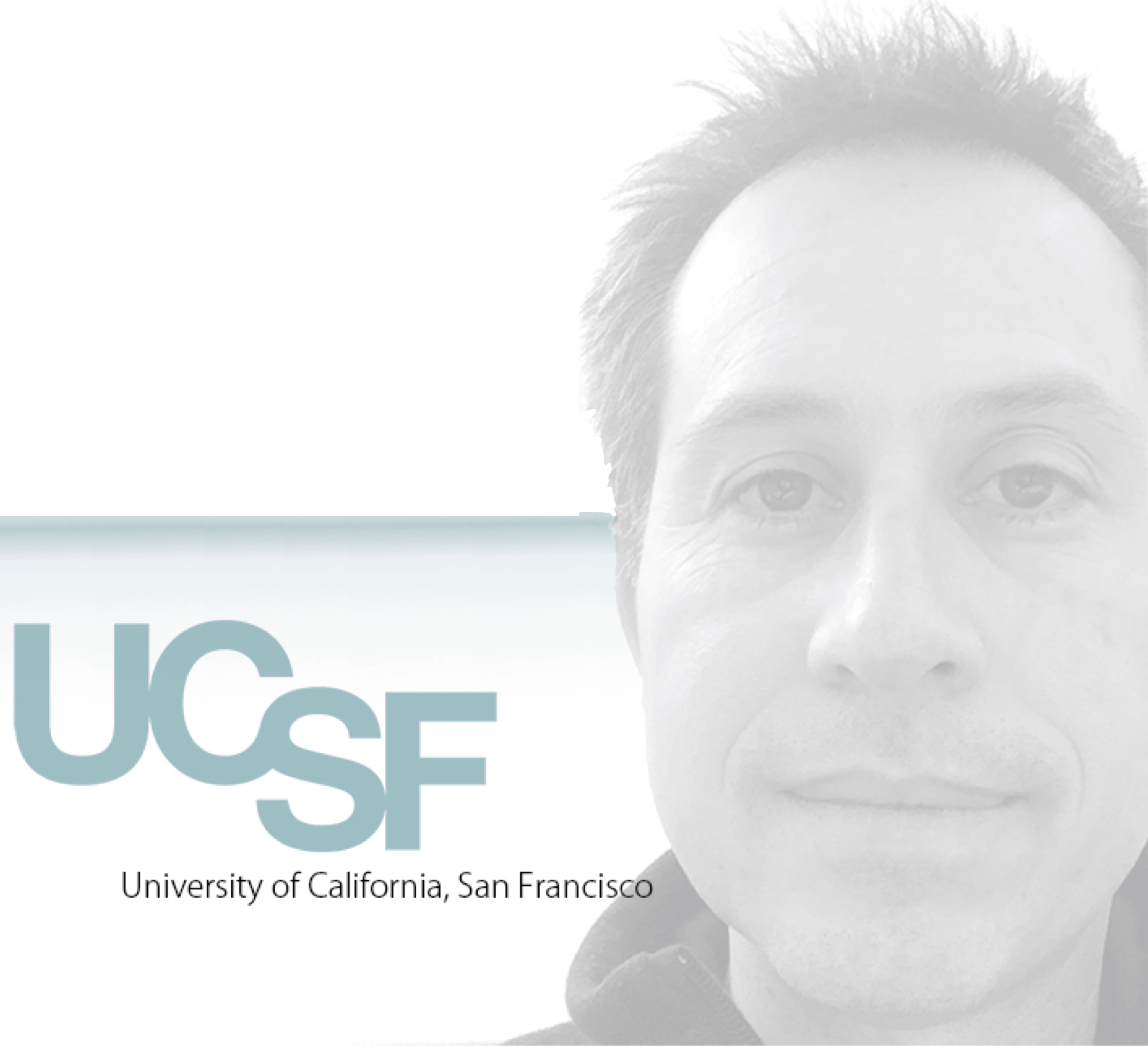 Joaquin A. Anguera Joaquin A. Anguera |
Joaquin A. Anguera is an Associate Professor in Neurology and Psychiatry at the University of California San Francisco, and the Director of the Clinical Program at Neuroscape, a center within UCSF. His research involves the implementation of digital technologies to remediate cognitive deficiencies and/or robustly characterize distinct cognitive abilities outside of the laboratory. |
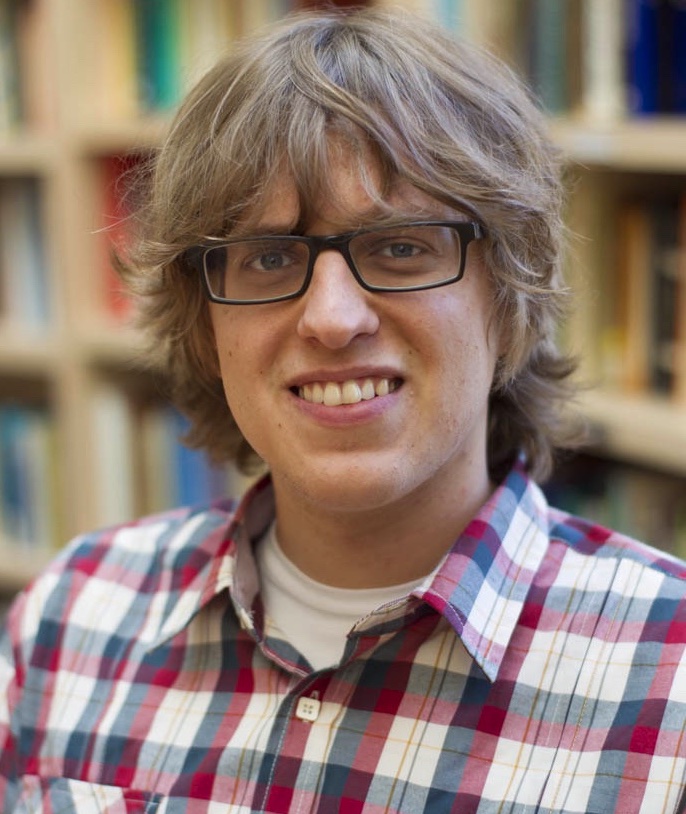 Joseph Austerweil Joseph Austerweil |
Joseph Austerweil (organizer) is an associate professor at the University of Wisconsin-Madison. His lab investigates how people represent, retrieve, learn, create, and teach knowledge using computational modeling and behavioral experiments. |
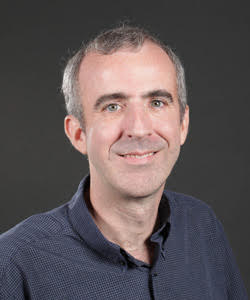 Stephen Blessing Stephen Blessing |
Stephen Blessing is a Professor of Psychology at the University of Tampa. He teaches an introduction course to cognition using games to explain the different cognitive processes. He has also used games in his research to explore cognition in action. |
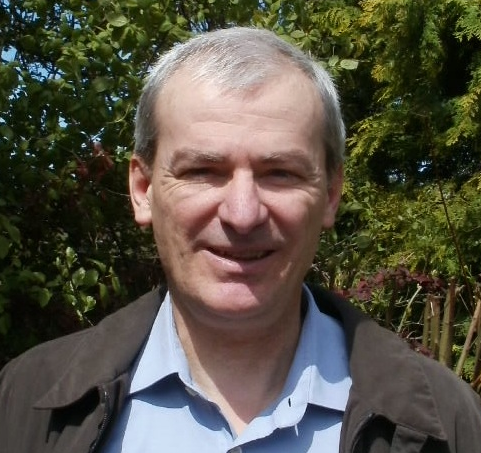 Fernand Gobet Fernand Gobet |
Fernand Gobet is Professorial Research Fellow at the London School of Economics. He is a world leader in the field of expertise and talent. He has also carried out influential research on the acquisition of language, scientific discovery and computational modelling. He has authored and co-authored over 400 publications, including eleven books. His latest books on expertise are Understanding Expertise: A multidisciplinary approach (2016) and The Psychology of Chess (2018). |
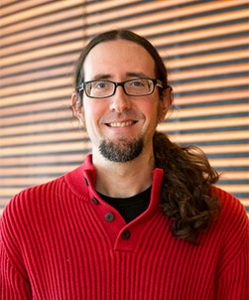 C. Shawn Green C. Shawn Green |
C. Shawn Green is a Professor of Psychology at the University of Wisconsin-Madison. His research examines the factors that influence how quickly individuals learn perceptual and/or cognitive skills, how deeply they learn, and whether their learning generalizes to new contexts. |
 Celia Hodent Celia Hodent |
Celia Hodent is an expert in the application of cognitive science and psychology to improve products, systems, services, and video games. She currently leads an independent UX consultancy, working with a wide range of international media and enterprise companies. She works in-depth with companies to help ensure their products are both engaging and successful by considering the entire user experience they will provide to their audience. Celia conducts workshops and provides guidance on the topics of playful learning (“gamification”), ethics, implicit biases, and inclusion in tech and video games. Celia holds a PhD in psychology and has over fifteen years experience in the development of user experience (UX) strategy in the entertainment industry, and more specifically with videogame studios through her work at Ubisoft, LucasArts, and as Director of UX at Epic Games (Fortnite). She is founder and chair of the Game UX Summit, founder of Ethical Games, and a member of the Foresight Committee at CNIL (National Commission on Informatics and Liberty, an independent French administrative regulatory body). Celia is the author of The Gamer’s Brain: How Neuroscience and UX can Impact Video Game Design (2017), The Psychology of Video Games (2020), What UX Really Is: Introducing a Mindset to Great Experiences (2021), and co-editor of Game Usability: Advice from the Experts for Advancing UX Strategy and Practice in Videogames (2022). |
 George Kachergis George Kachergis |
George Kachergis (organizer) is a senior research scientist at Skillprint, Inc., where he is using psychometrics, cognitive computational modeling, and the psychology of personality and motivation to understand skill learning in games. Prior to this role, he studied language acquisition in Psychology at Stanford University after being an Assistant Professor of Artificial Intelligence at Radboud University. His research interests are integrative, spanning memory, categorization and learning, unified by process models of active associative inference. |
 Frank Leoné Frank Leoné |
Frank Leoné is assistant professor at the Donders Institute for Brain, Cognition and Behavior of the Radboud University in Nijmegen, the Netherlands, with a prime interest in converting cognitive science insights, through game and experience design, to effective educational practices. |
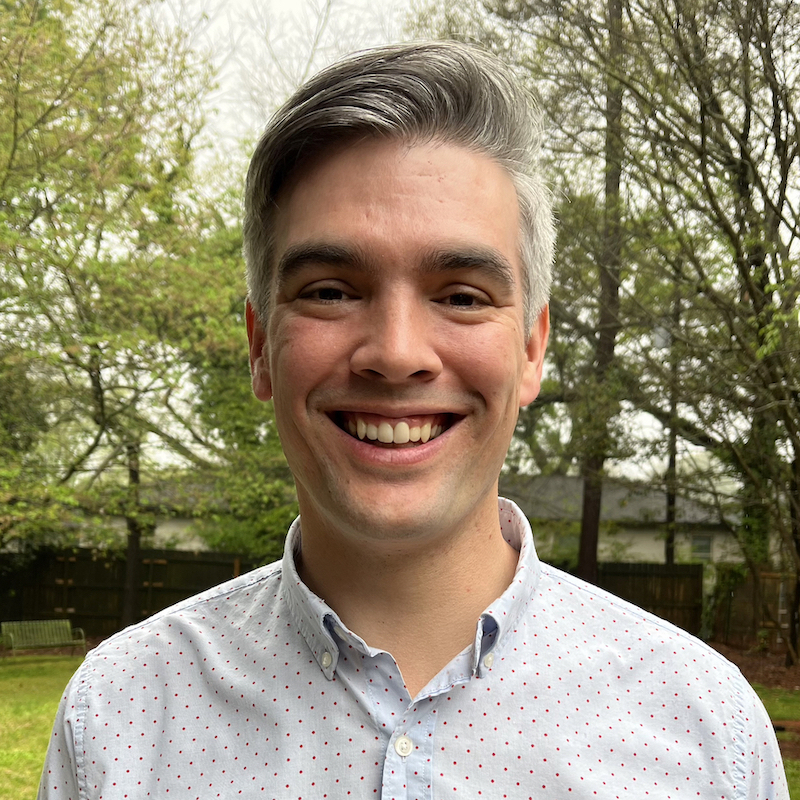 Chris MacLellan Chris MacLellan |
Chris MacLellan is an Assistant Professor in the School of Interactive Computing at Georgia Institute of Technology, where he leads the Teachable AI Lab (TAIL). Before joining Georgia Tech, Chris received his Ph.D. in Human-Computer Interaction from Carnegie Mellon University. He also worked for three years as an industry research scientist at Soar Technology, Inc. and as an assistant professor for two years at Drexel University. He has served as the Principal Investigator on multiple projects funded by DARPA, NSF, ARL, and ONR. Chris is an expert in Cognitive Systems, AI, and HCI research, with over 10 years of experience and more than 50 peer-reviewed publications on these topics. Through his work, he aims to better understand how people teach and learn and build machines that can teach and learn like people do. The products of his work have immediate applications in education and human-AI interaction design. Chris has recently received external recognition for his work, such as the 2022 EAAI Now and Future AI Educator award and being named on the 2021 Technical.ly RealLIST of technologists building Philadelphia’s future. |
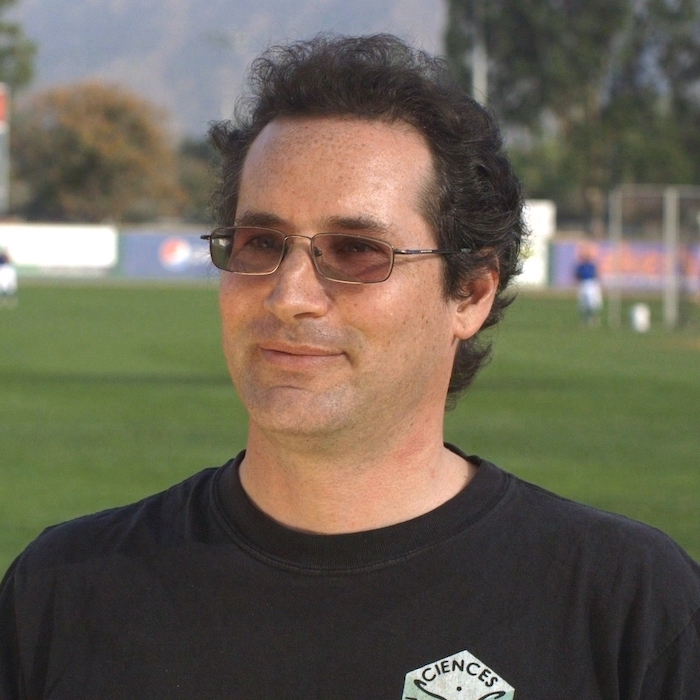 Aaron Seitz Aaron Seitz |
Seitz’s research program aims to understand mechanisms of cognitive processes and to apply this knowledge for public benefit. His academic training is diverse, with a BA in theoretical mathematics, PhD in computational neuroscience, postdoctoral work in systems neuroscience and neuroimaging. His research has led to new insights regarding the roles of reinforcement, attention, multisensory interactions, and different brain systems in learning, computational approaches to learning, translational neuroscience and perceptual/cognitive enhancement, among others. He utilize psychophysical, physiological, imaging, pharmacological, genetic, and computational methods to study cognitively diverse populations, ranging from individuals with cognitive deficits (due to disease, injury, or development) to neurotypical individuals, to specialists (e.g., radiologists, athletes). As Director of the Brain Game Center for Mental Fitness and Well-being, he uses ambulatory tools (e.g., that run on mobile phones and tablets) to reach larger, more diverse, and traditionally underserved/understudied populations, to understand cognitive diversity (broadly defined) and to create tools to measure function and to personalize training based upon individualized needs. |
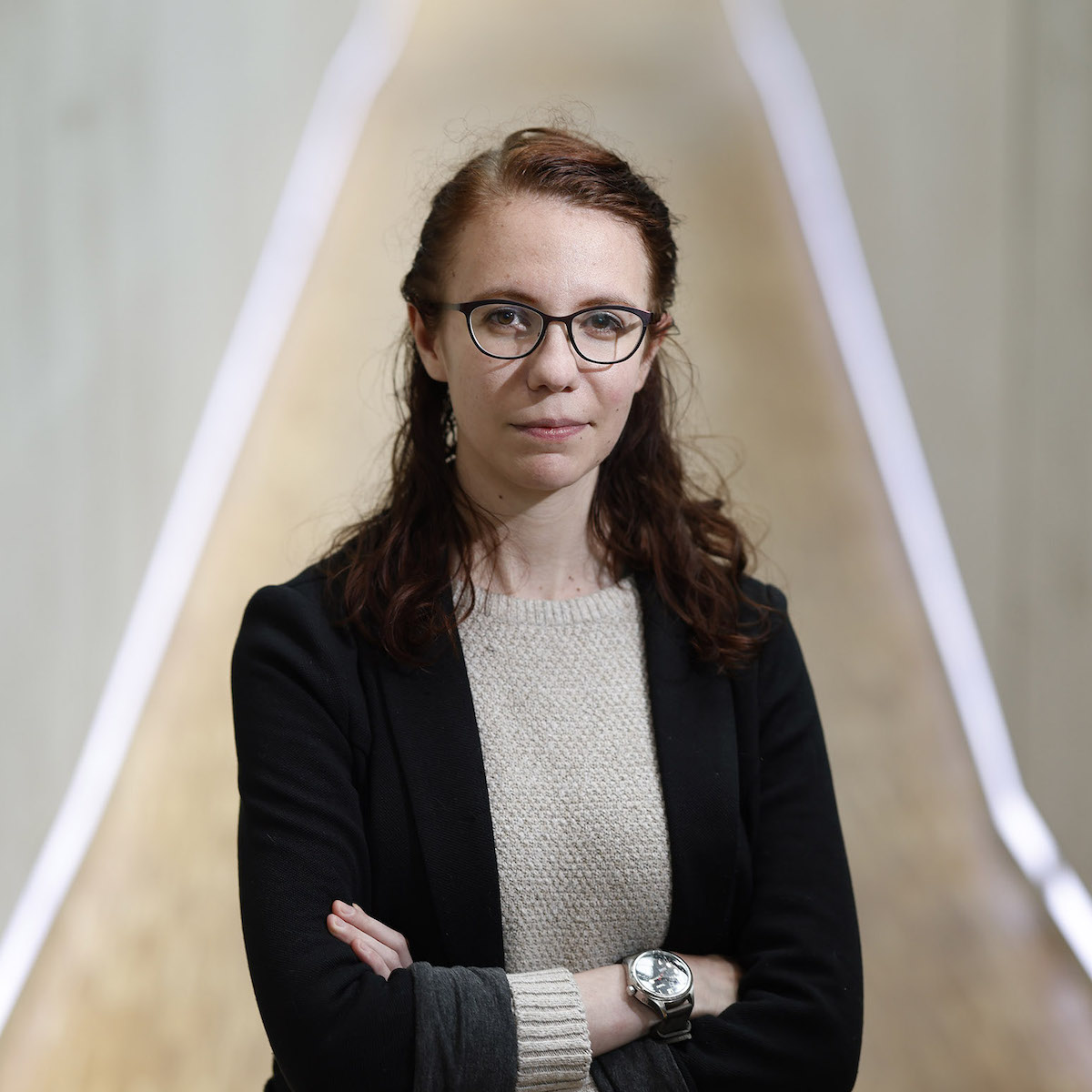 Catherine Sibert Catherine Sibert |
Catherine Sibert is an Assistant Professor of Human-Computer Collaboration in the Bernoulli Institute at the University of Groningen. She is interested in the intersection of human intelligence and machine intelligence, specifically investigating what AI tools can reveal about the mechanisms of cognition, and how these insights can inform the design of human-usable AI systems. |
 Joaquin A. Anguera
Joaquin A. Anguera Joseph Austerweil
Joseph Austerweil Stephen Blessing
Stephen Blessing Fernand Gobet
Fernand Gobet C. Shawn Green
C. Shawn Green Celia Hodent
Celia Hodent George Kachergis
George Kachergis Frank Leoné
Frank Leoné Chris MacLellan
Chris MacLellan Aaron Seitz
Aaron Seitz Catherine Sibert
Catherine Sibert